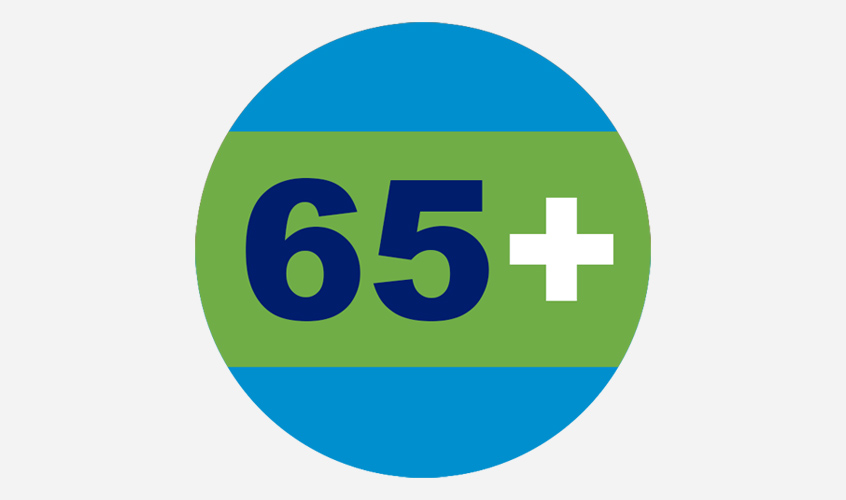New Study Highlights Impact of Raising the Medicare Eligibility Age

This week, the National Committee to Preserve Social Security and Medicare Foundation and Actuarial Research Corporation (ARC) released a new study on the impact of raising the eligibility age for Medicare from 65 to 67. The study compared two hypothetical situations:
- Raising the eligibility age while the provisions of the Affordable Care Act (ACA) are intact.
- Full repeal of the ACA or failure to secure its coverage expansions Under both scenarios, the study demonstrates a sharp increase in the number of 65- and 66-year-olds without health insurance coverage.
[x_blockquote cite=”Impact of Raising Eligibility Age for Medicare (January, 2017)” type=”left” style=”font-size:16px;line-height: 24px;”]In 2015, 98.9% of adults aged 65 or over had health insurance coverage, mainly through Medicare. According to ARC projections, if Medicare eligibility is raised to age 67 and the ACA remains in effect, by 2019 the percent uninsured among those aged 65 and 66 will increase more than nine-fold, from less than 2% to 18.7% (1.9 million people). If the ACA is repealed the uninsured rate will increase to 37%, more than one-third of those 65 and 66, affecting 3.8 million seniors.[/x_blockquote]According to the report, raising the Medicare eligibility age would increase the uninsured rate and likely result in people ages 65 and 66 forgoing needed care. As a result, those who forgo care could experience worsening health outcomes and create higher expenses for the Medicare program when they are finally eligible. Past research on this proposal has also revealed its punitive impact on low-income people who are more likely to work in physically demanding jobs.
As this study shows, raising the Medicare eligibility age could have profound and long-term effects on the health and financial stability of near retirees.
The Latest
Most Read
Congress Moves to Cut Medicaid
Threats to the Social Security Administration and to Benefits Continue to Raise Alarm
House Adopts Senate Budget Plan, Laying the Groundwork for Significant Health Care Cuts
Trump Administration and DOGE Eliminate Staff Who Help Older Adults and People With Disabilities
Add Medicare to Your Inbox
Sign up to receive Medicare news, policy developments, and other useful updates from the Medicare Rights.
View this profile on InstagramMedicare Rights Center (@medicarerights) • Instagram photos and videos









